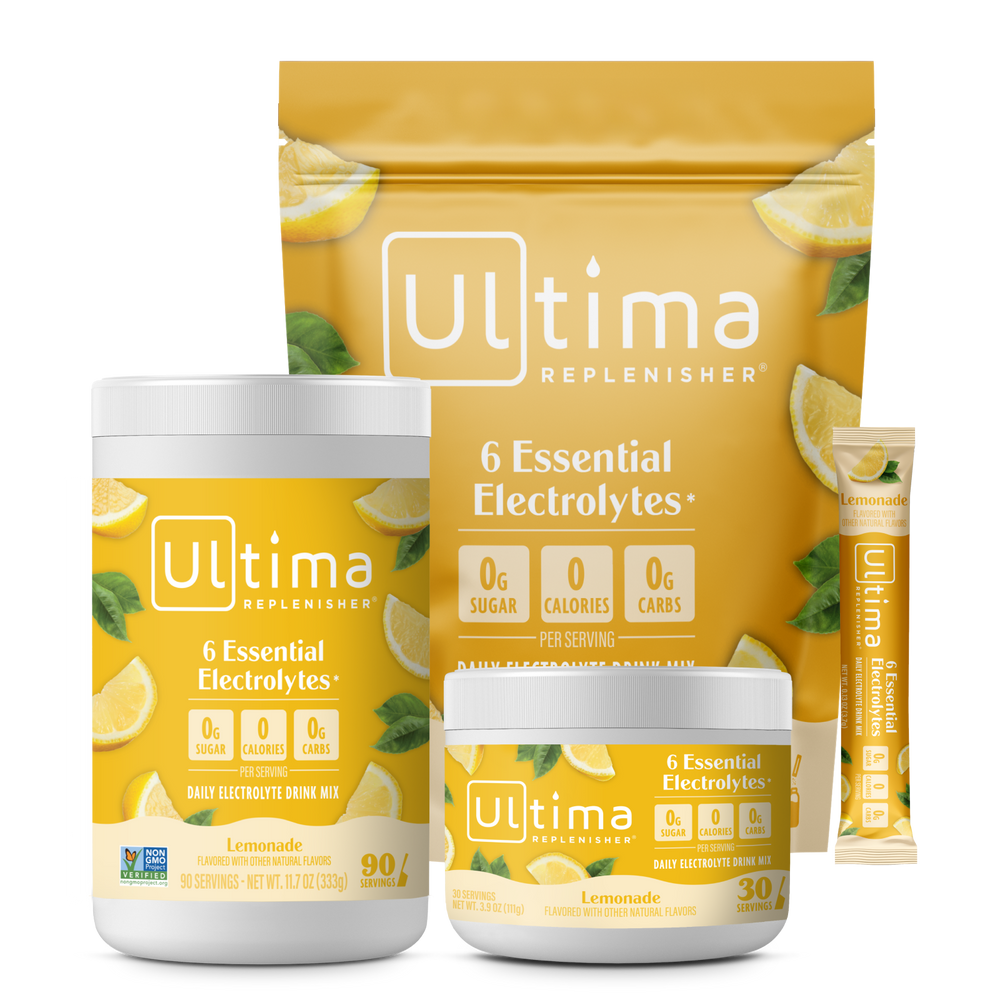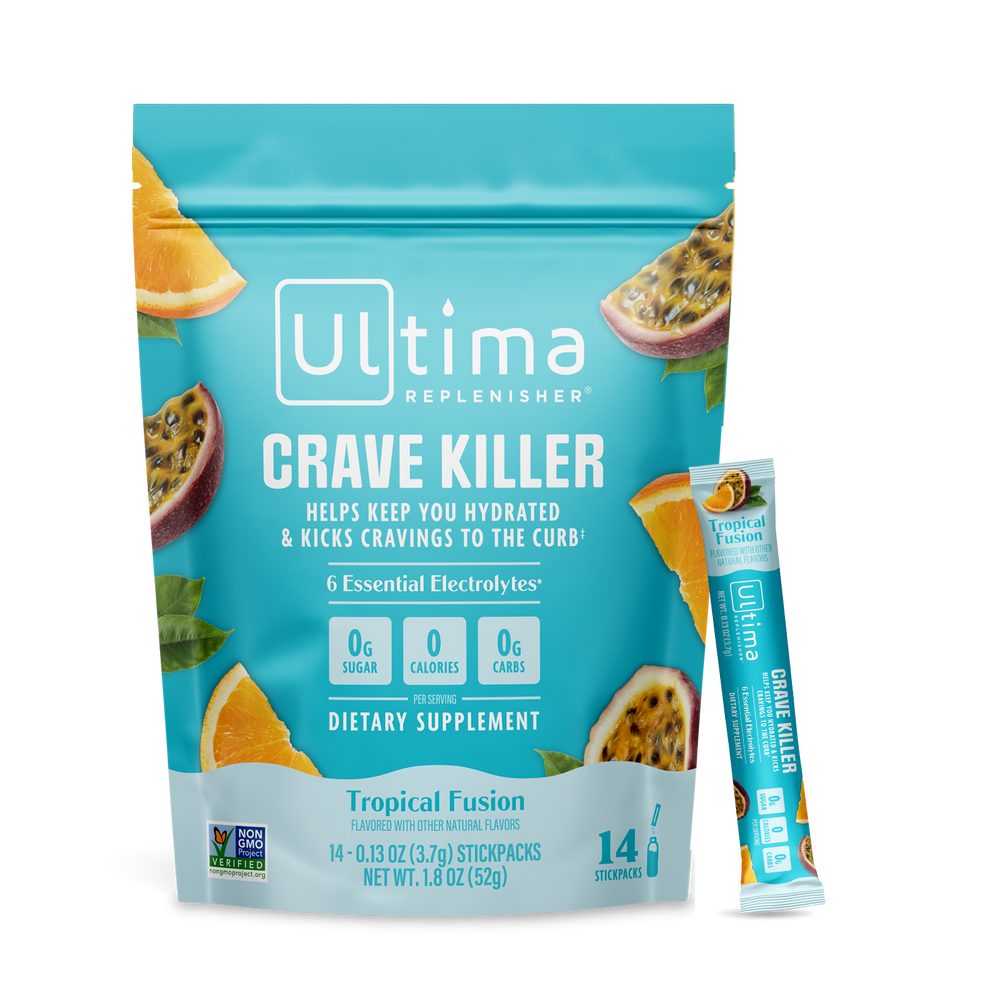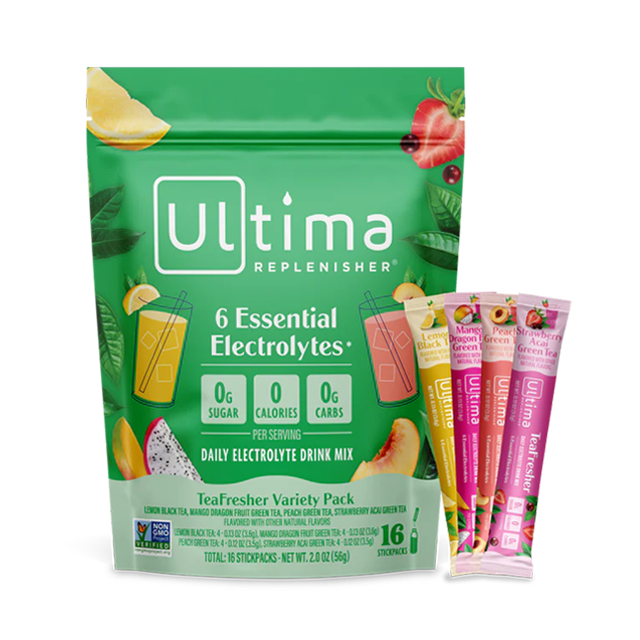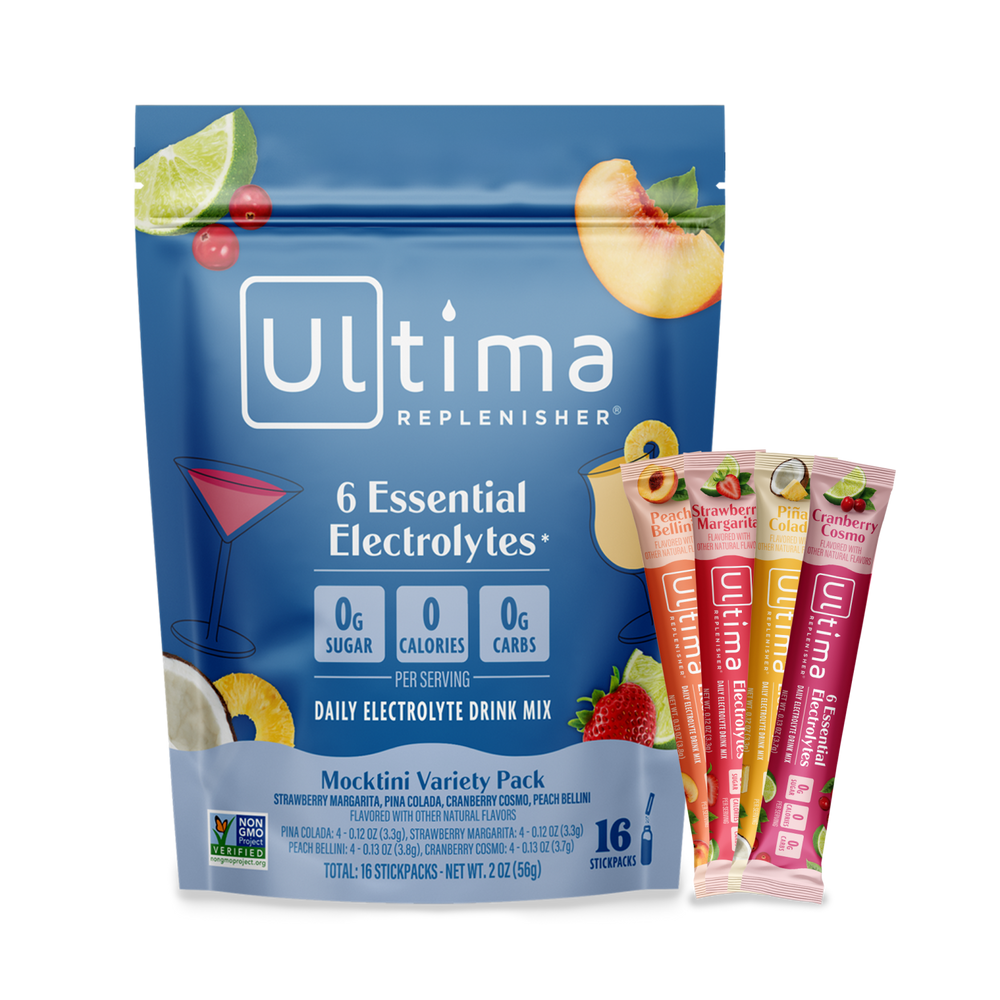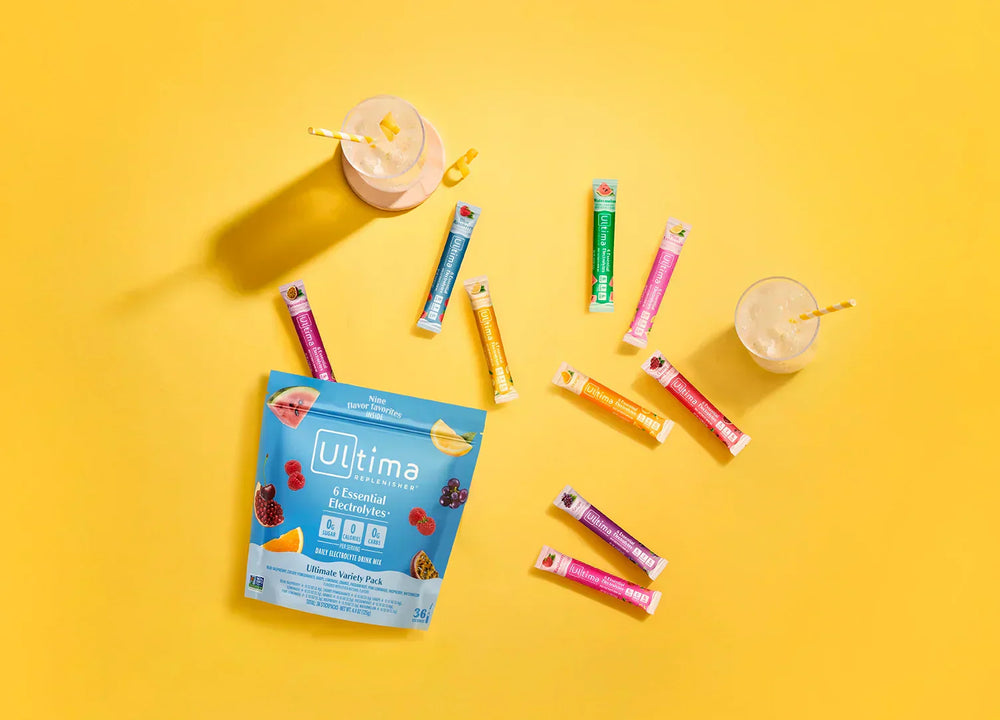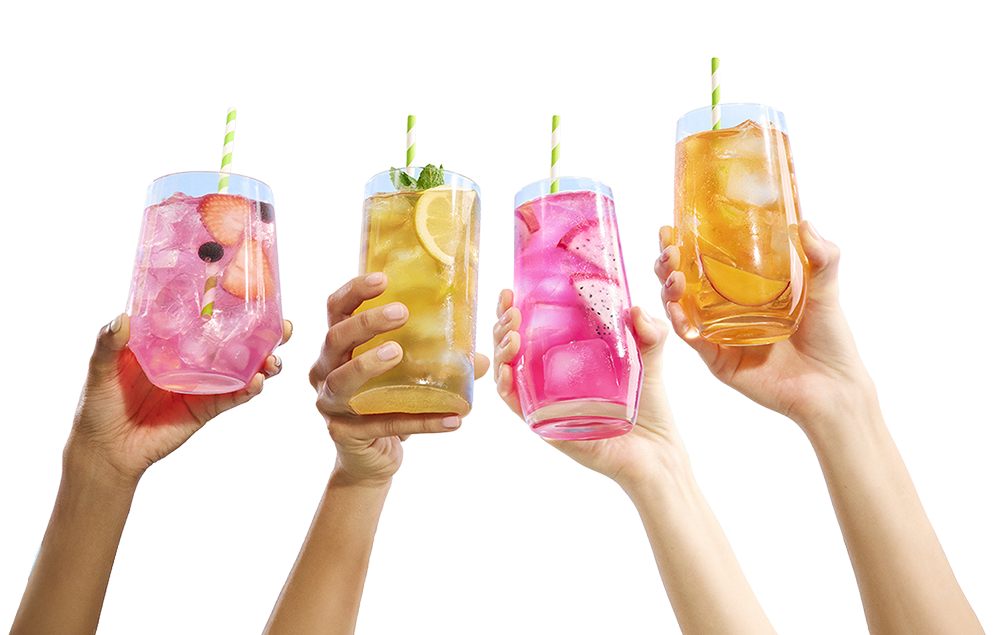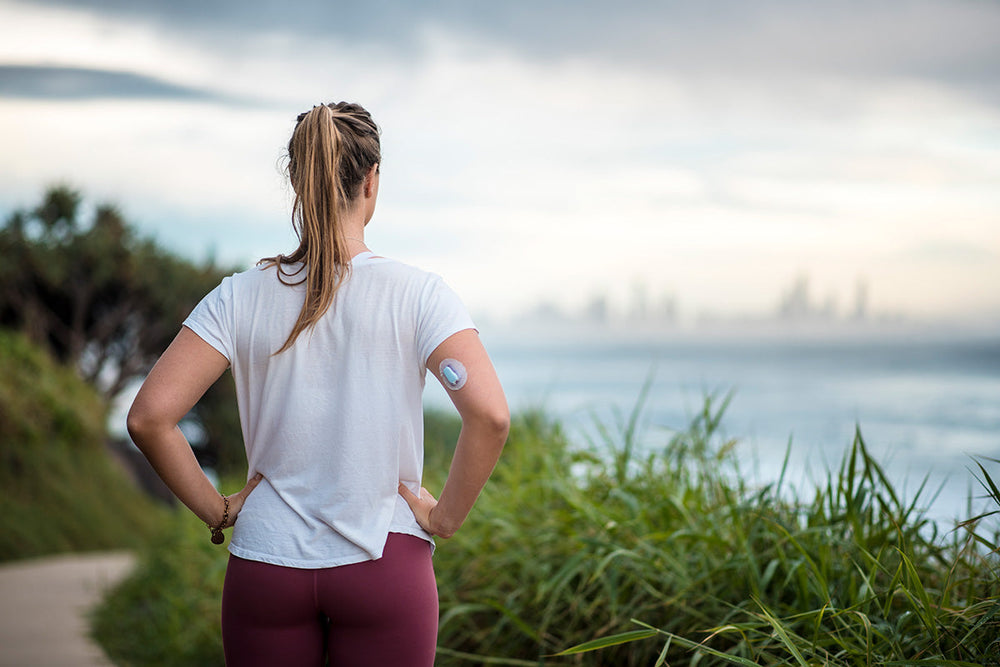
Hydration and Exercise: Tips for People with Diabetes
If you are living with diabetes, staying active is important for your overall health and to help keep your diabetes under control.
Exercise can lower blood sugar levels because your muscle cells are better able to use any available insulin to take up glucose (sugar) both during and after exercising. When muscles contract, they can also use sugar for energy regardless of whether insulin is available.
However, there are certain precautions you have to take when exercising if you have diabetes. You’ll want to make sure you’re properly fueled and that you stay hydrated. Hydration is a key component of exercising safely in general, especially for people who have certain health conditions like diabetes that affect their blood sugar, kidney function, or heart and blood vessels.
Diabetes, Hydration and Exercise
People who have diabetes need to take special care to avoid becoming dehydrated. Your blood sugar and hydration levels need to stay balanced to avoid stress on the kidneys. When you have less water in your system due to dehydration, there is a higher concentration of glucose (sugar) in your bloodstream. These high blood sugar levels can then lead to spikes in blood pressure and higher stress on the kidneys.
Signs of dehydration
Knowing the signs of dehydration is important. Ideally, you want to hydrate before you feel thirsty, but if you start feeling any of these symptoms of mild to moderate dehydration, it’s time to drink more:
- Feeling thirsty
- Dry or sticky mouth
- Headache
- Muscle cramps
- Dry, cool skin
- Dark yellow pee or not able to pee much at all
Signs of severe dehydration mean it’s time to seek medical attention. These include:
- Very dark yellow pee or unable to pee
- Dizziness, feeling faint or fainting
- Confusion
- Unexplained irritability
- Rapid heartbeat and breathing or a weak pulse
- Very dry skin
- Sunken eyes
- Severe lack of energy
How electrolytes help prevent dehydration
Electrolytes are certain essential minerals—sodium, potassium, calcium, magnesium, chloride and phosphorus—that help your body’s cells absorb fluids. You can get these minerals through many types of foods, supplements and electrolyte drinks.
Excessive sweating and dehydration can leave you with low electrolyte levels. You may notice this as muscle cramps, a headache, weakness, fogginess and other symptoms. This is because the electrolytes play different roles in your body. For example, many people know that sodium (salt) helps you retain fluid. People who lose an excess amount of sweat through exercise may have to take salt pills or replenish their electrolytes during exercise with drinks specially formulated with sodium and other minerals to hydrate and replenish electrolytes.
Electrolytes also help regulate muscle and nerve function, balance your body’s pH levels, metabolize nutrients, and help you maintain a balance of fluids throughout your cells so that your body can function properly. Together, diabetes, lack of exercise and fluctuations in blood sugar levels over time can damage the heart, blood vessels, kidneys and other organs and body systems. So, it’s even more important for people with diabetes to stay hydrated, maintain a proper electrolyte balance, and prevent dehydration as much as possible.
How to choose an electrolyte drink if you have diabetes
Sports drinks with electrolytes and carbohydrates are generally recommended for replenishing hydration during high-intensity exercise or lengthy exercise sessions like long-distance running, soccer tournaments, and long-distance cycling.
If you have diabetes and are doing any kind of aerobic exercise, sipping an electrolyte drink that provides carbohydrates with zero sugar can help prevent low blood sugar and keep your blood sugar level steady.
This may be helpful because exercise can lower your blood sugar up to 24 hours or more after your workout. This is because the activity makes your body more sensitive to insulin. If you regularly exercise, you likely already understand how your blood sugar levels personally respond to different activities. Your doctor, nutritionist and even some advanced certified personal trainers can help create guidelines for you, with your input, so you can prevent your blood sugar from going too high or too low while exercising.
Added sugar is an obvious issue for anyone with diabetes, but according to the American Diabetes Association, there are still many questions about artificial sweeteners, their overall safety and long-term impacts on insulin resistance, weight gain, and other health factors. Because caffeine triggers the release of stored sugar from your liver to give you energy, that extra sugar can cause high blood sugar spikes and potential complications in people with diabetes.
The bottom line is you want to look for electrolyte drinks without sugar, and ideally without artificial sweeteners. In 2022, Eating Well published a list of the best and worst hydration drinks for people with diabetes and recommended Ultima Replenisher® hydration powders for people who have prediabetes or diabetes. With zero sugar, zero calories, Vitamin C and six essential electrolytes, our delicious drink mixes are a great way to hydrate during exercise or anytime!